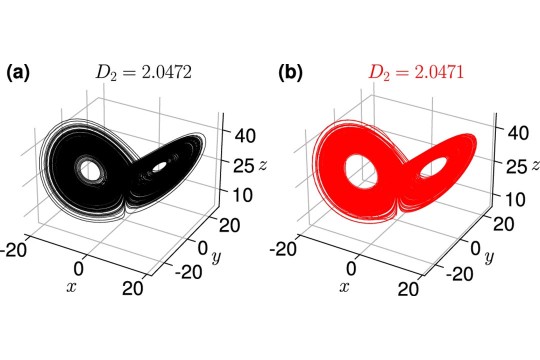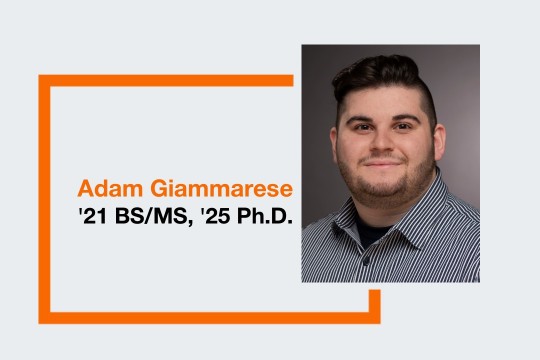
Nishant Malik
Associate Professor, Mathematics
Nishant Malik
Associate Professor, Mathematics
Education
BS, MS, University of Delhi (India), M.Tech, University of Hyderabad (India), Ph.D., University of Potsdam (Germany)
Bio
Dr. Malik did his Ph.D. at the Potsdam Institute for Climate Impact Research in Germany under the supervision of renowned mathematical physicist Juergen Kurths. Subsequently, the Physical Society of Berlin awarded him the Carl Ramsauer Prize in 2012 for his Ph.D. work. Before joining RIT, he worked as a postdoc at Dartmouth College and UNC-Chapel Hill. Dr. Malik has a wide range of research interests in data-driven analysis and modeling of complex systems. In his research, he employs tools from network science, the theory of nonlinear and stochastic dynamical systems, and applied statistics and enjoys working on mathematical problems across disciplines in natural and social sciences. For more information, please visit Dr. Malik's personal webpage and the Complexity Lab @RIT his research group page.
Select Scholarship
Currently Teaching
In the News
-
February 10, 2026

Researchers develop new method for predicting chaos
Mathematician Edward Lorenz used the butterfly effect to explain chaos theory in the 1960s. Now, decades later, a team from RIT has developed a method to predict chaos using less data, fewer parameters, and a more user-friendly format.
-
January 30, 2026

Mathematical modeling alumnus wins early career award
RIT alumnus Adam Giammarese’s work in chaos theory has earned him the Edward N. Lorenz Early Career Award, an annual recognition by the publication Chaos: An Interdisciplinary Journal of Nonlinear Science.
-
May 14, 2024

Researchers introduce new way to predict landslides
Prevention Web highlights a study co-authored by Nishant Malik, assistant professor in the School of Mathematics and Statistics, about developing a new method using machine learning to accurately predict landslide movements, aiding global risk assessment efforts.
-
October 20, 2020
Malik named to editorial board of journal




